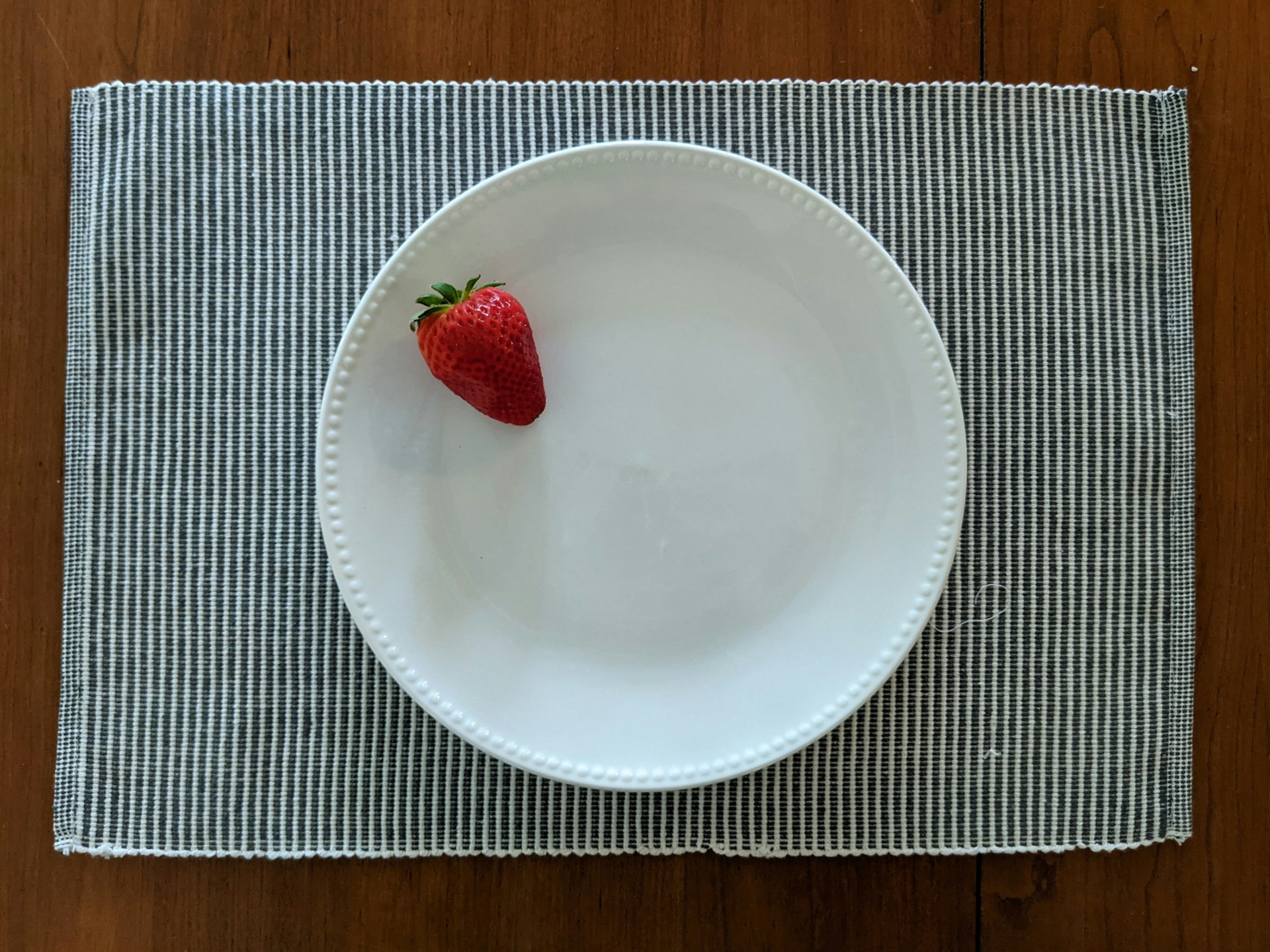Bariatric bypass surgery can be a life-changing procedure for individuals struggling with obesity, as it offers hope by significantly reducing stomach size and altering the digestive process. However, despite its success in helping patients shed excess weight, in about 50% of the cases, weight regain occurs. Patients have been known to gain back an average of 35 percent of the weight they previously lost. In other cases, patients have gained all of their weight back or even more. In such situations, traditional methods to address this weight gain may not always be effective.
Today we are going to discuss the issue of gaining weight after gastric bypass and what to do if you find yourself in this situation. We will touch a bit on traditional approaches and also look at a procedure called Suture Resculpt, which is an incisionless procedure that can stop weight gain in many cases and help these individuals get their weight loss back on track.
{{cta_button}}
Understanding Post-Gastric Bypass Weight Gain
Weight regain after gastric bypass can happen due to different factors, like changes in habits, emotional triggers, fluctuation of hormone levels, and metabolic adjustments that occur naturally in your body. Over time, the smaller stomach pouch created during the initial surgery can expand, enabling you to eat more food. This often results in feeling less satisfied with smaller portions of food, which could lead to eating more calories than planned. It is important to take proactive steps if you find yourself in a situation like this to deal with weight regain and avoid additional issues.
What Are Some Traditional Strategies to Combat Weight Regain?
Most people know the basics when it comes to losing weight, and they understand that burning more calories each day than they take in is the biggest piece of the puzzle. You may have heard it called creating a calorie deficit, and this is accomplished by eating a limited number of calories and ramping up the amount of physical activity you engage in each day. To stop gaining weight after gastric bypass, you may want to go back to basics and implement or tighten up traditional strategies such as:
Revisit Dietary Modifications
Patients who've had gastric bypass surgery must adopt a lifelong commitment to healthy eating habits. If you are putting on weight, you should take an objective look at your daily eating habits. Have you fallen back into unhealthy patterns? Are you stress eating? Have you made a serious commitment to your health?
Revisiting dietary guidelines and focusing on nutrient-dense, portion-controlled meals can help prevent weight regain. It may be beneficial to consult a registered dietitian or nutritionist to help you create a personalized meal plan.
Plan And Log Your Physical Activity
Regular exercise is a key element in creating a calorie deficit and maintaining weight loss. If your lifestyle was fairly sedentary before your gastric bypass surgery, you may need some guidance in setting up a plan for physical activity that works with your circumstances. Walking is always a good place to start because it can be done pretty much anywhere and does not require special tools or equipment. Understanding which types of activities yield the best results can help you reach your goals. Engaging in both aerobic-type exercises and using weights for strength training can boost metabolism and contribute to long-term weight management.
Consider Behavioral Therapy
If you have not considered the emotional aspect of weight gain, this may be something that you should examine. Many individuals who suffer from obesity have underlying factors that contribute to their condition. These factors can be physical, but they can also be mental or emotional. Taking an honest look at your response to situations such as disappointment, stress, or sadness may be eye-opening. The term "comfort food" did not come about by accident! In many cases, cognitive-behavioral therapy can help you recognize and modify negative thought patterns, and emotional eating triggers, and offer healthier coping mechanisms.
Evaluate Your Level Of Support
Losing weight and keeping focused on a long-term goal is hard! Often, when you make a commitment to lose weight, you start to realize that many of your social activities and the friends you spend time with involve eating. Unless these friends have made the same commitment to their health, you may find they do not understand what you are doing or why. Unfortunately, this often results in the loss of that social connection, which can then fuel feelings of isolation and depression.
It may be out of your comfort zone, but it is important that you make new connections and find the individuals that are going to be your support system. Joining support groups or seeking psychological counseling can provide you with the tools or strategies needed to navigate the challenges of weight regain. Most weight loss centers provide ongoing one-on-one support as well as offer various opportunities for you to connect with other like-minded individuals who are on a weight loss journey of their own.
{{cta_small}}
So What Do You Need To Do If You Are Gaining Weight After A Gastric Bypass And You Have Tried All The Strategies You Know?
As we talked about earlier, sometimes weight regain can happen after bypass surgery because you have reverted to unhealthy behaviors. Additionally, there are instances where your body has adapted to the changes that were made during your weight loss surgery, which have reversed or eliminated the restrictive measures that were originally put in place.
Fortunately, there is a solution that can help get you back on the road to effective weight loss once again. Here is what you should do if you are gaining weight after gastric bypass surgery:
1. Employ Help From A Professional
Seeking assistance from a doctor trained in obesity medicine and advanced endoscopy, such as Dr. Steven Batash at Batash Endoscopic Weight Loss Center in NYC, can be highly advantageous if you are experiencing weight regain after gastric bypass surgery.
The experts at Batash Medical possess a deep understanding of the complexities surrounding post-bypass weight management and can offer non-surgical solutions to address these issues effectively.
2. Undergo An Endoscopic Revision
With expertise in endoscopic procedures, Batash Endoscopic Weight Loss Center can provide a targeted approach such as the Suture Reculpt procedure, which helps restore the original restriction of the stomach pouch without the need for invasive surgery.
3. Try Prescription Weight Loss Medications
The specialists at Batash Medical are well-versed in the prescription medications available to aid weight loss and can tailor recommendations to suit your unique needs. Using weight loss injections in conjunction with the Suture Resculpt procedure has proven effective in addressing weight regain after a gastric bypass.
4. Pursue Changes In Your Lifestyle That Promote Weight Loss
By consulting a specialist trained in obesity medicine, you can receive expert guidance to determine the most suitable course of action and empower you to regain control over your weight and overall health.
You are not on your own to figure it out alone. The Batash Endoscopic Weight Loss Center team's comprehensive knowledge allows them to guide you through personalized strategies, which may include the Suture Resculpt procedure, dietary modifications, exercise routines, behavioral therapy, and medication options.
{{cta_button}}
More About The Suture Resculpt Procedure
The Resculpt revision procedure is medically known as transoral outlet reduction, or TORe, and is an innovative endoscopic revision procedure designed to address weight regain after gastric bypass without resorting to traditional surgical methods.
Unlike surgical revisions, which involve more invasive procedures and longer recovery times, TORe is performed entirely through the mouth, eliminating the need for external incisions. The main objective of the procedure is to address changes that have occurred to the size of the stomach pouch and the stomach outlet (stoma) since the initial surgery.

Suture Resculpt can tighten up the stomach pouch to once again provide the restriction that was present immediately after the initial surgery and reduce the diameter of the stoma (the point where the stomach connects to the small intestine). These modifications can recreate the feeling of fullness and satiety that helps to control your food intake and manage your weight.
By reducing the diameter of the stoma, the procedure aims to limit the amount of food that can pass through from the stomach pouch into the small intestine, thus promoting a sense of fullness with smaller meals and helping you to better manage your weight.
Suture ReSculpt Advantages Over Surgical Revision
- Minimally invasive, requiring no incisions
- Faster recovery time
- Fewer associated risks and complications such as infection, bleeding, and anesthesia-related issues.
- No visible scarring
- Outpatient procedure that does not require a hospital stay
- Suture Resculpt is customizable, allowing for precise adjustments based on the patient's needs.
Availability of the Suture Resculpt Revision Procedure
Weight gain after gastric bypass surgery doesn't have to be a discouraging setback; Batash Endoscopic Weight Loss Center can help you get back in control.
We can help you employ traditional strategies like dietary adjustments, increased physical activity, and emotional support in tandem with innovative solutions like Suture Resculpt and prescription medication. These minimally invasive alternatives to surgical revisions can offer you the guidance, support, and extra help you need to reach your goal of sustainable weight loss.
So if you find you are gaining weight after gastric bypass, what you should do first is contact Batash Endoscopic Weight Loss Center in NYC and set up a convenient time to speak to one of our doctors to get the help you need.
{{cta_button}}








